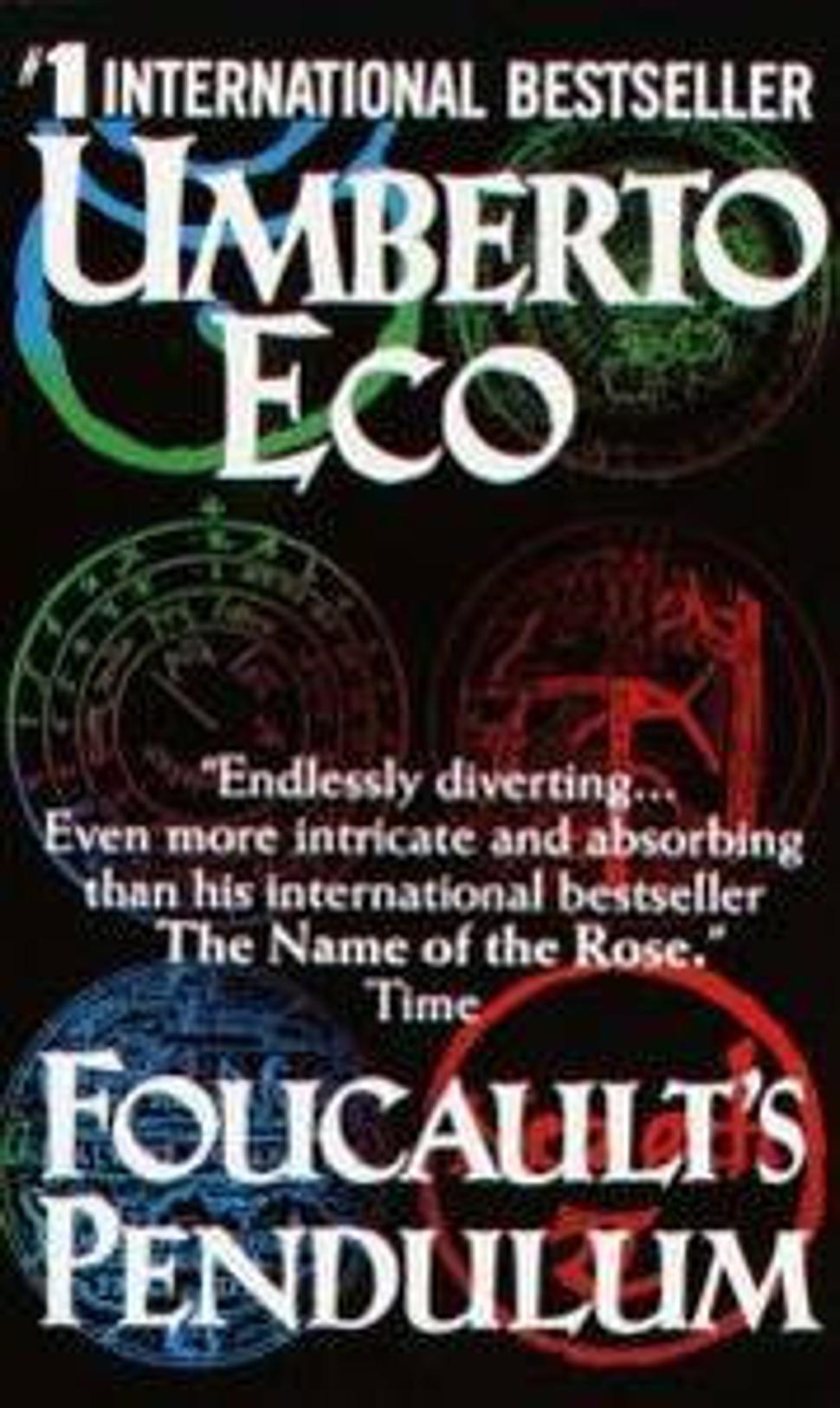
"Not that the incredulous person doesn't believe in anything. It's just that he doesn't believe everything. Or he believes in one thing at a time. He believes a second thing only if it somehow follows from the first thing. He is nearsighted and methodical, avoiding wide horizons. If two things don't fit, but you believe both of them, thinking that somewhere, hidden, there must be a third thing that connects them, that's credulity.
Incredulity doesn't kill curiosity; it encourages it. Though distrustful of logical chain of ideas, I loved the polyphony of ideas. As long as you don't believe in them, the collision of two ideas - both false - can create a pleasing interval, a kind of diabolus in musica. I had no respect for some ideas people were willing to stake their lives on, but two or three ideas that I did not respect might still make a nice melody. Or gave a good beat, and if it was jazz, all the better.
"You live on the surface," Lia told me years later. "You sometimes seem profound, but it's only because you piece a lot of surfaces together to create the impression of depth, solidity. That solidity would collapse if you tried to stand it up."" (pp. 43-44)
"The result was that I could spend the morning debating proletarian matters downstairs and the afternoon pursuing aristocratic knowledge upstairs. In these two parallel universes I lived comfortably and felt no contradiction." (p. 45)
" [...] Then he [Belbo] would look at you with solicitude, as if you, and not he, had disturbed the spell, and he would then encourage you: "Go ahead, go ahead. I mean, there must be something to it. The man [Kant] had a mind after all."" (p. 48)
"Belbo's remarks had a way of making you see the vanity of things, and they delighted me. But I drew the wrong conclusions from them, considering them an expression of supreme contempt for the banality of other people's truth." (p. 48)
" [...] No matter if the book were made entirely of errors, intentional, deadly errors. As long as you remain in your private vacuum, you can pretend you are in harmony with the One. But the moment you pick up the clay, electronic or otherwise, you become a demiurge, and he who embarks on the creation of worlds is already tained with corruption and evil." (p. 49)
"If you can't even decide what the story is, better stick to editing books on philosophy." (p. 50)






